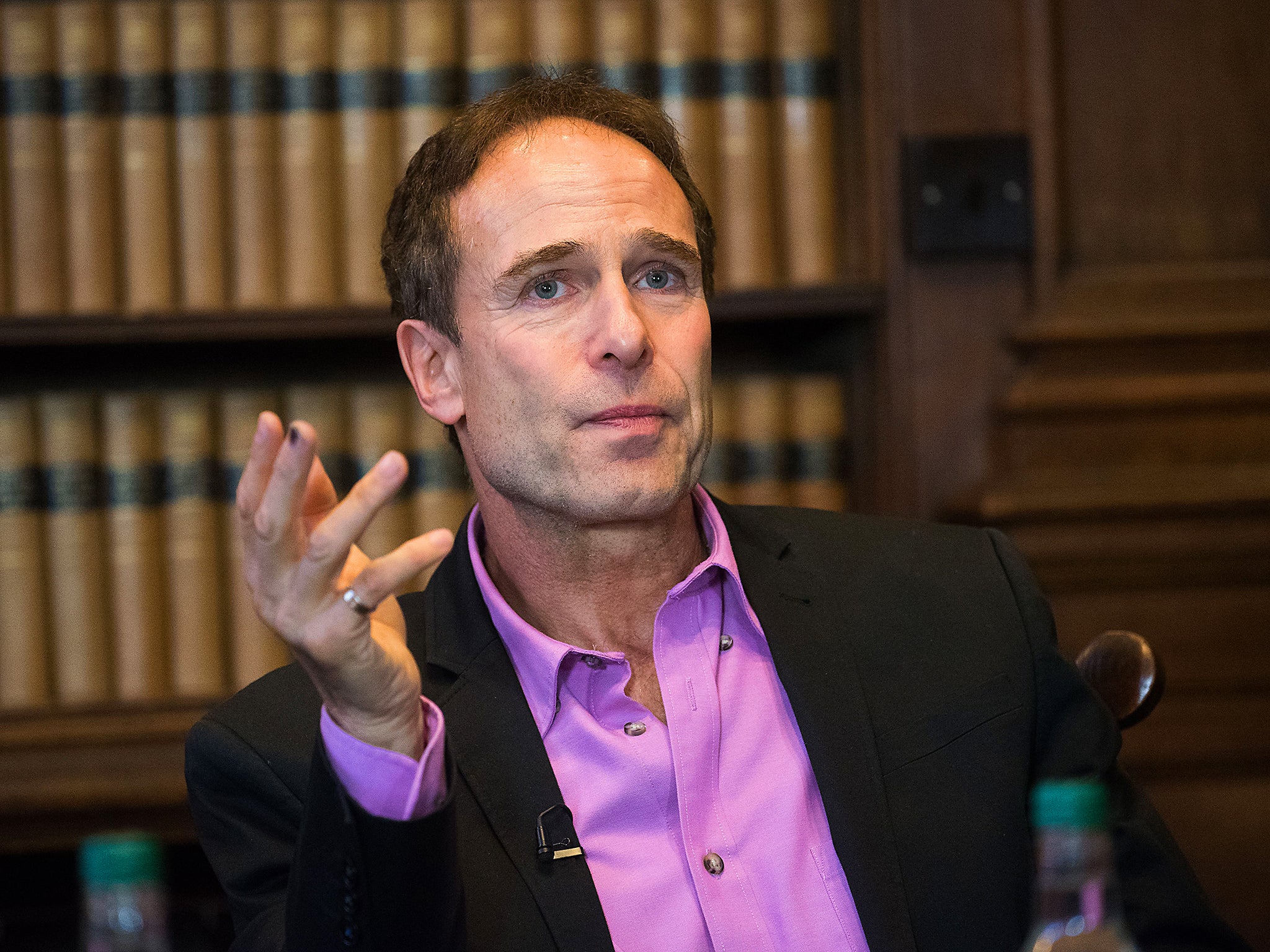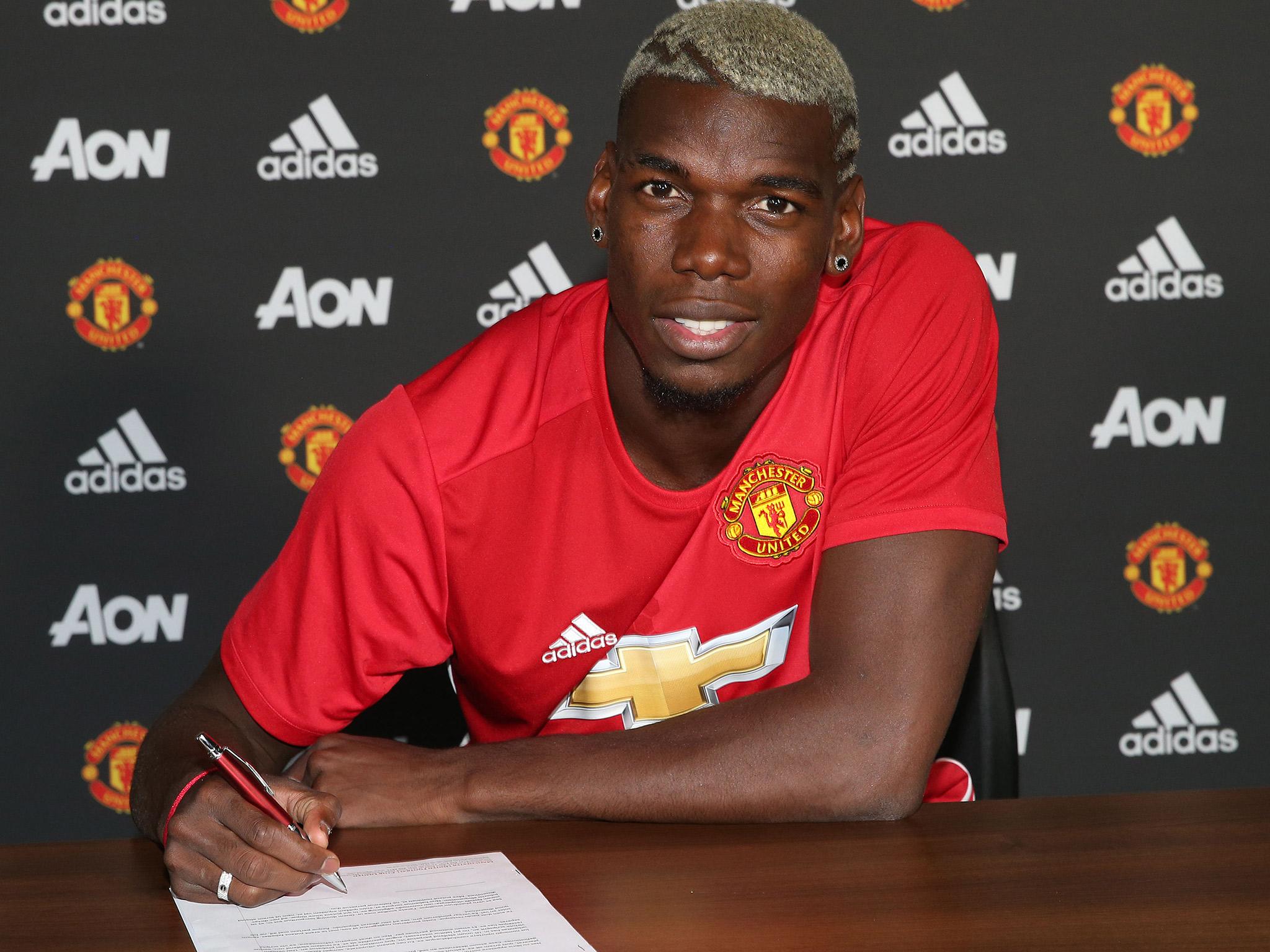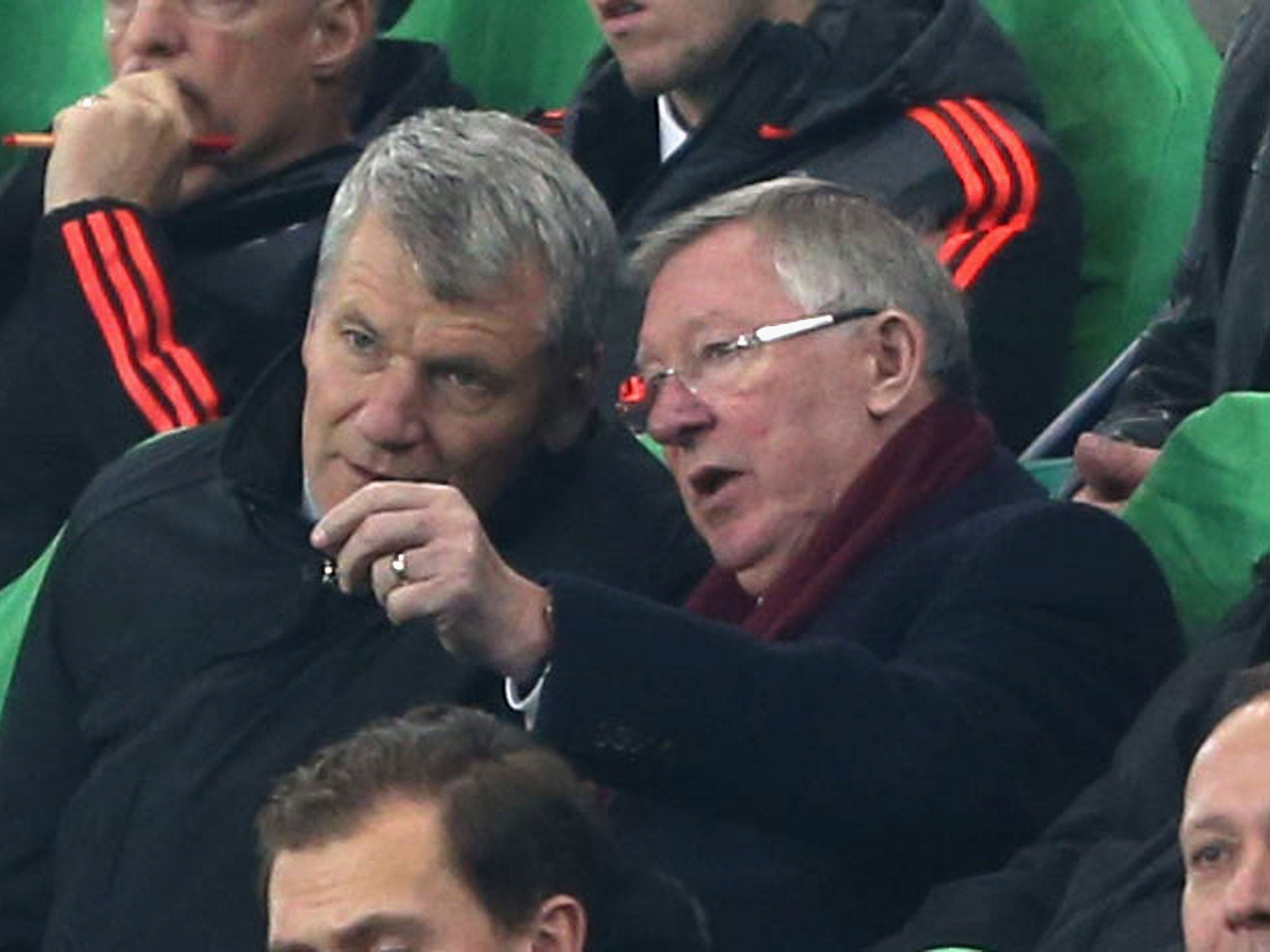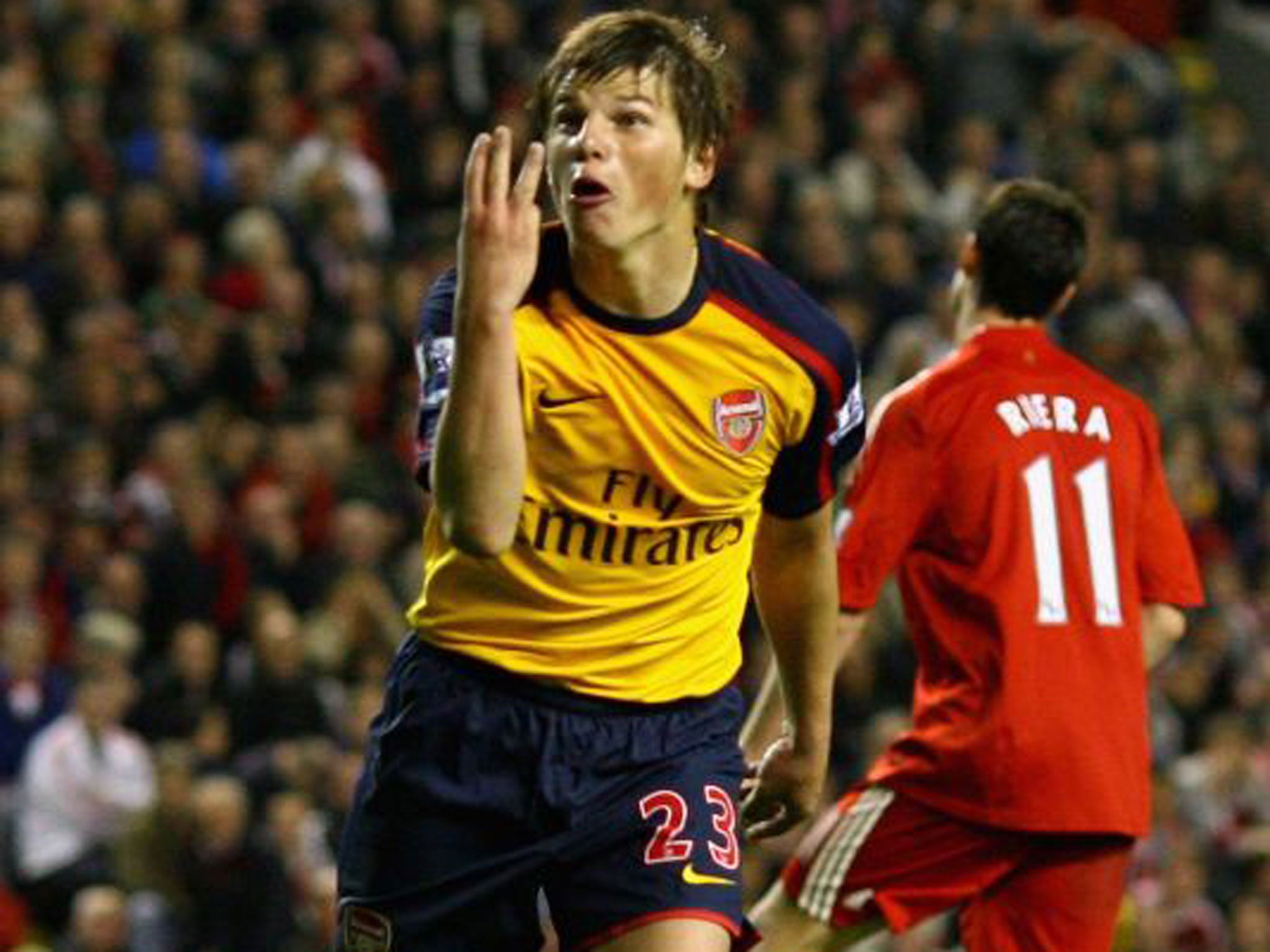Secrets of the January transfer window and why Eddie Howe lacks the power of Arsene Wenger
More and more power is being held by the agent rather than the club

Your support helps us to tell the story
From reproductive rights to climate change to Big Tech, The Independent is on the ground when the story is developing. Whether it's investigating the financials of Elon Musk's pro-Trump PAC or producing our latest documentary, 'The A Word', which shines a light on the American women fighting for reproductive rights, we know how important it is to parse out the facts from the messaging.
At such a critical moment in US history, we need reporters on the ground. Your donation allows us to keep sending journalists to speak to both sides of the story.
The Independent is trusted by Americans across the entire political spectrum. And unlike many other quality news outlets, we choose not to lock Americans out of our reporting and analysis with paywalls. We believe quality journalism should be available to everyone, paid for by those who can afford it.
Your support makes all the difference.Recent history tells us there are risks attached for any Premier League club trying to limit the involvement of football agents in the transfer window which is about to swing open.
When Manchester City’s chief executive Garry Cook told Kia Joorabchian he didn’t want him in the negotiations room with AC Milan’s Kaka seven winters ago, the Iranian was incandescent and made sure that Cook was pilloried when the deal fell through. Mino Raiola claims Sir Alex Ferguson refused to speak to him about an 18-year-old Paul Pogba without the player in the room and then verbally abused him. Raiola took the player to Juventus and it cost Manchester United £89m to get him back this summer. In a Financial Times interview, two months ago, Raiola did not deny that his cut of the deal taking Pogba back was €20m (£18m).
How much reliance on agents is healthy, though? It felt last summer that Raiola had annexed United as he brought his clients Pogba, Zlatan Ibrahimovic and Henrikh Mkhitaryan to the club. A new book by agent Jon Smith, co-written with London Evening Standard journalist James Olley, provides a rare insight into where such individuals do add their value, in January as much as any other time.

It sheds a light on some of the unrevealed complexities of buying and selling players and the tricks clubs will play. Fabio Borini was accused of avarice by many Liverpool fans for initially not leaving Anfield for Sunderland two years ago, yet Smith reveals the presence of an Italian club - thought to be Fiorentina – expressing interest, never being willing to go near to the £8m asking price, and yet keep the player dangling. “The Italians do it and again and again,” Smith writes. “As nice as Wearside is, there are obvious attractions to living your life on the Continent so the player hangs around, thinking they might go to £8m, a figure Liverpool might take…”
Then there is the deadline day phenomenon of the disappearing manager. It’s six years since Harry Redknapp’s QPR had agree to sign Tottenham’s Sebastien Bassong, only for Redknapp to decide that he fancied Anton Ferdinand rather more instead - and then go to ground. Bassong was left in limbo as Smith tried and failed to get Redknapp to answer his phone and the player ultimately faced the indignity of going back to the Spurs Chigwell Heath training ground, where he’d only just said his farewells.

“It was our own slack management,” Smith writes. “Maybe we assumed Harry would take it upon himself to keep us posted. You have to square the circle of intelligence but we left a huge hole in the middle.” That seems to be extremely generous on Redknapp.
The point, says Smith, is that the relationships between players and agents is too close and complex for clubs to imagine that they can simply use them as they would when buying a house or a summer holiday. Where Raiola and United are concerned, you “have to have a man of that connections to break into that [end of the] market,” Smith says. He agrees that there is a risk of Raiola being in a monopolistic position and United having to pay more than may wish for Mkhitaryan to get Pogba. “But that happens in the real world as well. You are never going to make it anesthetised,” he says.
The days of a club’s name wielding sole power in the market are gone, Smith says. At the top end of the market, you need a manager with a calling card. It is why only Jose Mourinho, with his connections, has delivered the beginnings of recovery at Old Trafford and why, despite the notion that he might lack the modernity, this is what Arsene Wenger brings.
“Agents tend to buddy up to clubs. You need the personal touch and that’s where Arsene scores [in a way that a less established manager does not],” says Smith. “Take an Eddie Howe, though, and put him in an Arsenal and I wonder how he works in the system. The Arsene factor is huge [in the process of buying players]. You have to be careful about keeping the machine going.”

United failed to do so, in part by allowing Ferguson and chief executive David Gill to leave within a week of each other. “I think they thought they had their guy [in David Moyes],” says Smith. “They didn’t look like [they would] crumble at the time. But they lost their pilot and navigator.”
Since American Stan Kroenke took a majority shareholding, Arsenal have added an analytics component to its transfer market strategy. The club now study a matrix for each target, with an algorithm telling them not to offer more than a certain amount if the player does not score on all criteria under analysis: pass, sprint, shot, assist and goal. The book discusses the purchase of Chicago-based data company StatDNA, which outsources its number crunching to a warehouse in Cambodia. So the employees of South East Asia are providing the data on which the club’s spending decisions are about to be based.
Arsenal use StatDNA to confirm or disprove pre-conceived ideas about their targets, though Leicester City proved in the £5.6m purchase of N'Golo Kante – arguably the ultimate ‘Moneyball’ transfer of recent years that they can be used to generate targets. Leicester looked at metrics such as most interceptions, tackles and forward passes per 90 minutes across Europe's top leagues. Then they profiled statistics relevant to Leicester's playing style, such as turnover of possession and 'ball recoveries’. Kante’s name just kept cropping up.
Many English clubs are still surprisingly uneducated on possible overseas hunting grounds, claims Smith, citing this as another place where agents come into play. “I’m amazed how the clubs in some cases lack international expertise,” he says. “We’ve had an island mentality [in this respect.] It’s the one single spend that can send a club spiralling out of control and yet the football authorities don’t meaningfully speak to the agents or ever seem interested in doing so.”

British clubs’ awareness of players in Ukraine, South East Asia and the United States of America (where the game generates a strong mentality suited for the Premier League) is not what it might be, he says. It is his view that the gaps in knowledge are particularly significant among the top flight’s smaller clubs. “I wonder, for instance, if Brighton come up [to the Premier League] will they know what is happening in some corners of the world, or will they have people to help?”
Arsenal’s January 2009 pursuit of Zenit St Petersburg's Andrei Arshavin bears out the agent’s part in a desperately convoluted international business. Smith tells how he subtly engaged Uzbekistan-born Arsenal shareholder Alisher Usmanov to see the deal through, though the struggle to agree a price with the Russians was so protracted that Smith ultimately bridged the £1.2m gap on price between the two clubs himself in the dying hours of the winter window. He gambled on the club compensating him when the dust had finally settled.
'The Deal, Inside the World of a Super-Agent' by Jon Smith with James Olley, £20 (Little, Brown).
Join our commenting forum
Join thought-provoking conversations, follow other Independent readers and see their replies
Comments